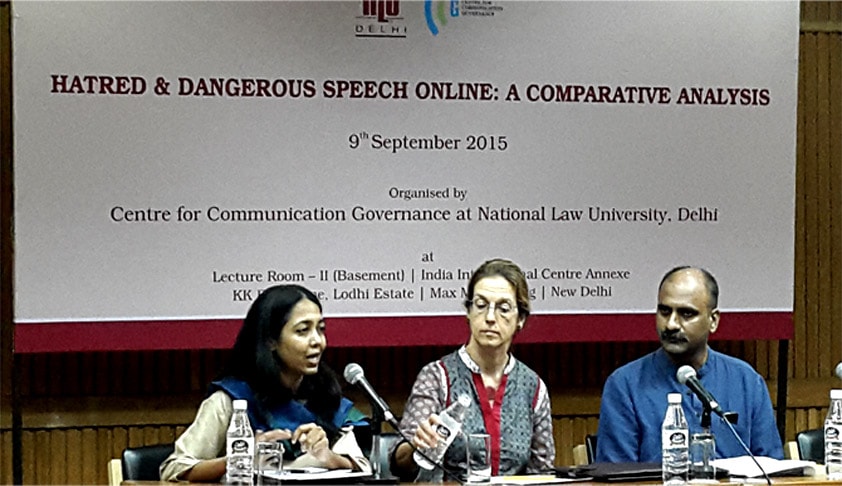The Centre for Communication Governance at National Law University, Delhi organized a panel discussion on “Hatred and Dangerous Speech Online: A Comparative Analysis” on 9th September 2015 at India International Centre. The panelists included Professor Susan Benesch, Faculty Associate at the Berkman Center for Internet and Society at Harvard University, Mr. Manoj Mitta, Senior Journalist...

